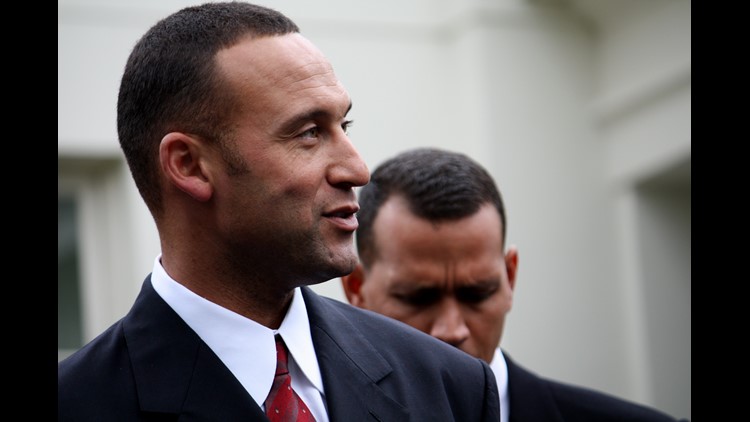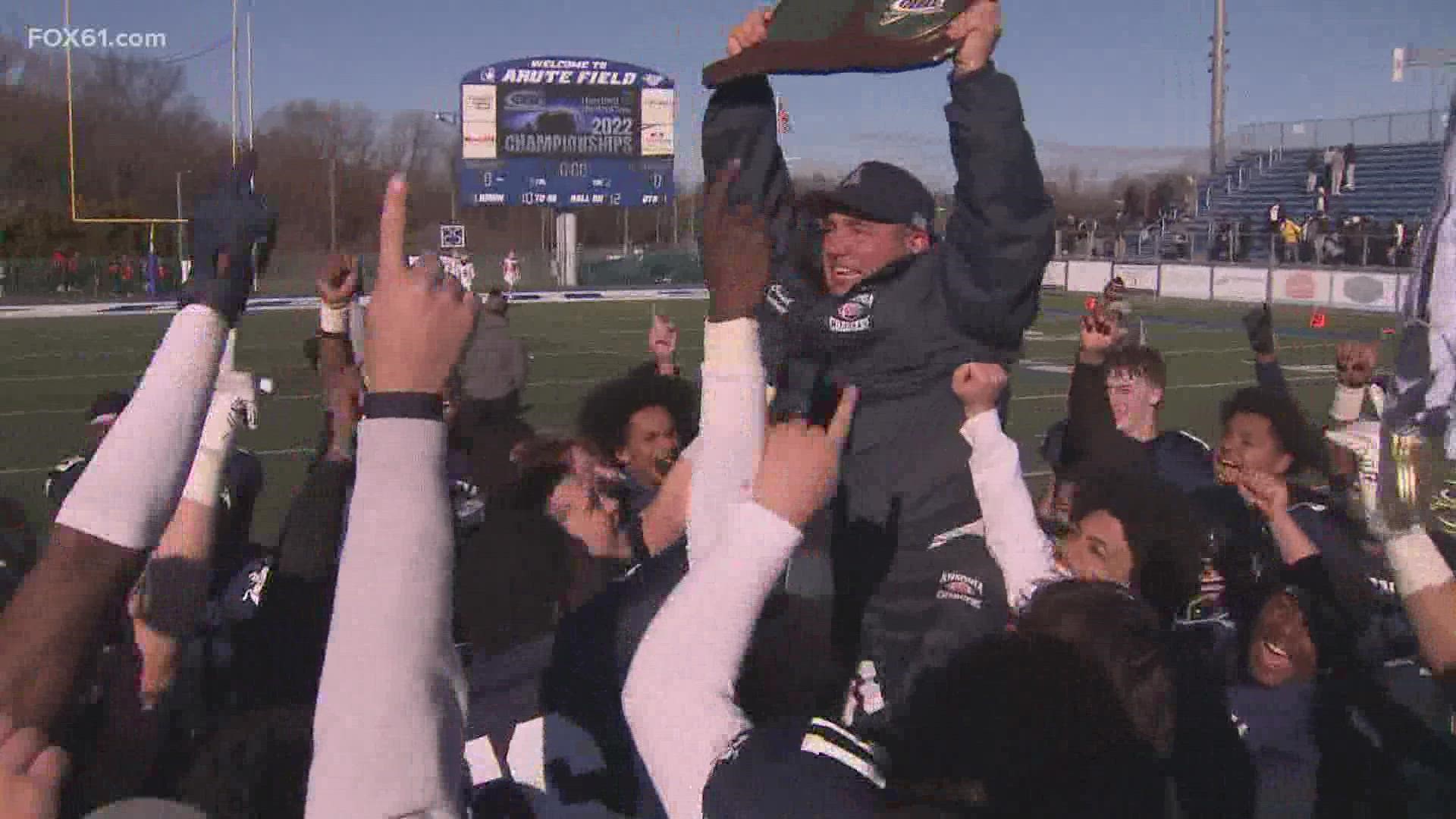When Sam Alberts showed up at his 9-year-old daughter’s soccer games some years ago, the coach would hand out flavorful lollipops to keep him and all the other parents quiet. While a handful of parents sucked on the candy, their kids were able to concentrate on the games.
Today, loud moms and dads at youth sports events are more often the norm rather than the exception. Shouting matches as well as brawls have even forced some leagues to ban parents from the sidelines altogether.
If you ask parents, children and coaches, more than 80% say they’ve witnessed parents acting violently — getting hauled off to jail for hitting their kids, attacking coaches and issuing death threats. In one notorious case of rink rage in Massachusetts, a hockey dad beat another to death.
When parents lack sportsmanship on the sidelines, they teach their children to follow in their footsteps. Parents are raising the next generation of sports fans in their own shadow, and it isn’t pretty. After all, sports activities after school are meant to be recreational pursuits and not national competitions.
Psychologist Daniel Wann, author of “The Psychology and Social Impact of Spectators,” says that when parents place so much of their identity into the athletic achievement of their kids, it’s a recipe for aggression.
“It’s bad when two fans fight. It’s awful when a parent smacks the kid because the kid missed a ground ball.”
According to Wann, when parents equate their own self-worth with their child’s accomplishments, the intense identification can predict violent behavior. This deep psychological connection is what leads to hyped-up parents who are primed to lose their sense of boundaries and act out in ugly ways.
Part of the intensity and pressure comes from the misguided parental notion that one’s child is so talented that he or she will bring home a college scholarship and ascend to a professional career in sports. This is known as “Jackpot Theory.” But in reality, statistics from the National Collegiate Athletic Association show only about 2% of high school athletes get scholarships. Less than 1% make it to the pros.
Let’s face it, most likely your kid isn’t growing up to become the next LeBron James. But if you’re not careful, you might be raising him or her to become a hooligan.
Where do we think bad behavior — brawling drunks at NFL games, college students rioting after a championship or soccer aficionados who chant rape threats at a TV reporter — comes from?
If the sports world wants upstanding fans at their ballparks, arenas and stadiums, their best shot is to encourage better behavior in youth sports.
Most efforts to control fans now are punitive, such as kicking them out of stadiums, yanking season tickets or calling local law enforcement. We’d all be better served if those actions came in conjunction with a broad message.
“You can’t tell the NFL to quit selling beer,” said Wann. “You can’t tell the Lakers you should get your fans to care less, but you can tell youth sports parents to back off,” he adds. And that would be a win-win for all sports participants.
To make big changes, you’ve got to think big.
Why can’t the pros use their cultural currency and financial clout to promote a comprehensive public health campaign that speaks to inclusion, civility and good sportsmanship in youth sports?
Some progress on this front has already begun.
The National Alliance of Youth Sports asks parents to formally pledge they will be well-behaved. San Francisco Giants fan Bryan Stow, who was beaten within inches of his life at a baseball game, has started to speak out in schools about bullying. The newly minted NBA champion Golden State Warriors recently participated in a public service announcement dedicated to eradicating hate and bigotry and building safe communities. Advocacy organizations such as Athlete Ally and You Can Play help educate the sports world on gay rights and diversity.
But what if professional sports teams, leagues, broadcasters, even the government (note that President Obama likes to weigh in on most issues in sports) got in front of these campaigns and partnered at a national and local level to leverage cultural capital and engage communities?
How about drafting Derek Jeter to be the inaugural national sportsmanship czar for starters? Yes, Derek Jeter. Why not? The recently retired Yankee probably has time on his hands, and parents and kids would listen to what he had to say, even if they were from Boston.
What if every arena, ballpark and sports broadcast agrees to run coordinated messages of civility from top players and celebrities?
The sports world knows how to market sneakers, package athletes as heroes and make must-see TV. Let’s turn this know-how toward the playing fields to set a better example for our kids and the entire sports world.
Editors Note: Justine Gubar, a four-time Emmy award-winning journalist, is a television producer at ESPN. She is author of the book, “Fanaticus: Mischief and Madness in the Modern Sports Fan” (Rowman & Littlefield). The opinions expressed in this commentary are solely those of the author.



